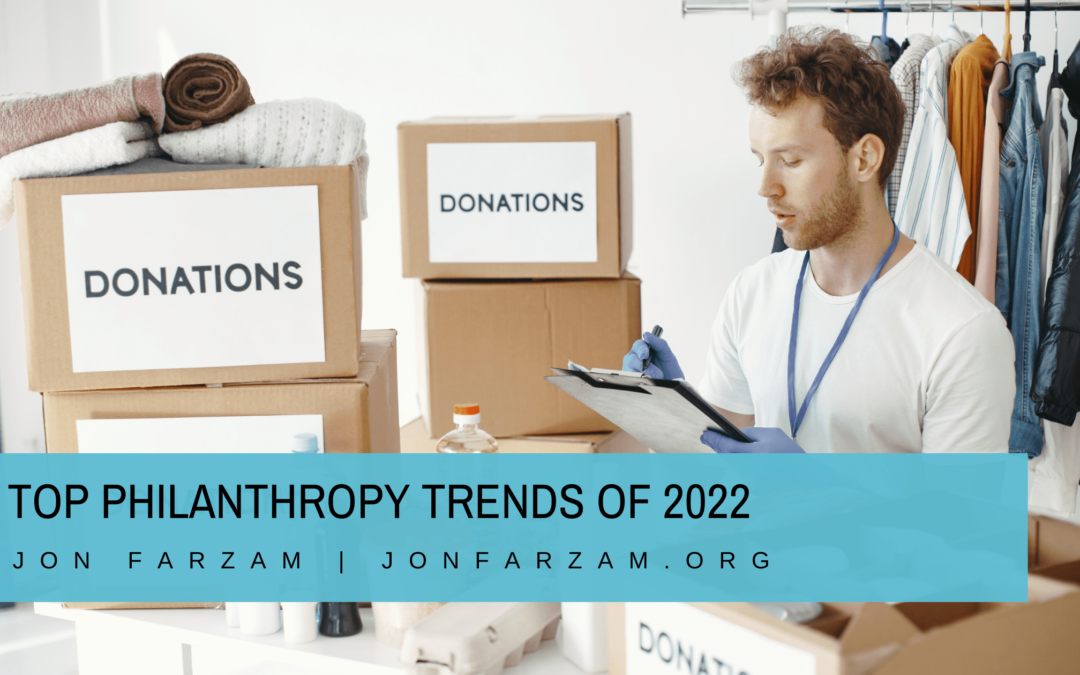The philanthropic sector is in an unprecedented state of flux. It is essential to look back at the past year and analyze the trends that have occurred. Luckily, a recent study by Fidelity shows the top philanthropic trends in the country and provides a glimpse into the future of giving.
Increased Generosity
The first trend that is important to note is the increasing number of Americans giving. In 2020, charitable giving in the country reached a record high of almost $500 billion following the devastating effects of the COVID-19 pandemic and racial tensions.
Despite the slow economic growth, charitable giving in the country increased by 5.1% in 2020 over 2019. The increase was mainly due to the contributions of individuals and organizations in the human services sectors, such as food banks and homeless shelters.
In 2022, charitable giving continued to increase as people watched the situation in Ukraine and donated to support the victims of the humanitarian crisis. Individuals and organizations are also looking for ways to help those in need. The increasing number of Americans giving shows that they are still committed to charitable giving even during times of crisis.
Higher Sophistication
Despite the increase in the number of people giving, the sophistication of the donors has also increased. They are more likely to give strategically due to the increasing number of tax benefits and favorable market conditions.
One of the most common ways people can give is through a charitable trust or a private foundation. Through these philanthropic vehicles, donors can give more while reducing their tax liability. They allow them to make an informed decision regarding supporting the charitable causes they care about. In addition, they can invest their funds tax-free.
Generational Shift
The rise of the generosity of the millennial generation is due to the increasing number of people who are now in their 20s and 30s. They can make informed decisions regarding charitable giving by focusing on the causes they love.
The next generation will rely on experts to implement their value-based and tax-savvy strategies. According to an AIG Life & Retirement study, 86% of Millennials want to work with a financial professional. This is significantly higher than the 59% of Gen Xers and 18% of Boomers.

